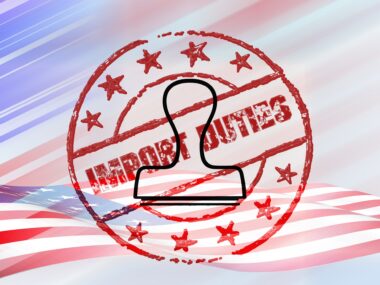When headlines broke that Discord had been hacked, many assumed the platform’s servers had been breached. They hadn’t. What actually happened is far more complicated and far more revealing about how fragile our digital trust has become.
The incident originated with 5CA, a third-party customer support vendor that works with Discord. 5CA used a Zendesk help desk system to handle support tickets. That’s where the breach occurred. The hacker initially claimed millions of users were affected, then adjusted that number to approximately 71,000 people. Discord’s own investigation confirmed a slightly smaller figure, around 70,000. Either way, the result is the same: thousands of people now have their government IDs floating around the internet.
That’s a nightmare scenario for anyone affected. Government IDs are not replaceable in the same way a password is. Once they’re exposed, the damage lingers indefinitely. The risk of identity theft, fraud, or impersonation doesn’t just go away. It multiplies.
The Headlines Got It Wrong
The most frustrating part of this situation wasn’t just the breach itself. It was how the press handled it. Most headlines called it a “Discord hack,” which was misleading. Discord wasn’t hacked. 5CA was. Yet because 5CA’s name didn’t appear in most reports, Discord had to work overtime to clarify what actually happened.
Let’s be clear: 5CA’s Zendesk environment was compromised, not Discord’s servers. That distinction matters because public perception shapes accountability. When the wrong company is blamed, the real problem, the one that needs fixing, gets buried.
Discord’s Response Deserves Credit
Discord handled the situation as well as anyone could under the circumstances. They identified the scope of the breach quickly, were transparent with the public, and cooperated with authorities. They also proved their own systems weren’t the issue, which helped prevent unnecessary panic among users.
Even though Discord did the right thing, the entire situation exposes a deeper problem: third-party vendors are now critical to how digital ecosystems function. When one vendor fails, everyone connected to them feels the shockwave.
The Real Issue: Government Mandated Age Verification
This breach couldn’t have come at a worse time. Governments around the world are pushing platforms to implement age verification systems to protect minors online. While the intention is good, the execution is deeply flawed. These systems often rely on users submitting personal documents, like government IDs, to third parties.
That creates a massive privacy risk. The internet is not designed for this kind of data storage. Even when companies act responsibly, there’s always a risk that a vendor’s security lapse could expose personal information.
I’m all for keeping children safe online, but this kind of policy puts adults at risk too. Most internet accounts are registered under an adult’s name. Forcing everyone, including adults without children, to hand over their IDs just to prove they’re old enough to exist online is an overreach. It’s a well-intentioned policy built on unsafe foundations.
Parents should be responsible for monitoring their children’s internet use. Not companies, and not strangers holding their IDs in a database.
5CA Still Owes Users Answers
If Discord can be commended for its response, the same can’t be said for 5CA. Users deserve to know exactly how this happened. How was the employee’s account compromised? What kind of access did they have to that data? Why was sensitive information like government IDs stored in Zendesk in the first place?
There’s a difference between an unavoidable security incident and a preventable oversight. Without transparency, users have no way of knowing which this was. Until 5CA provides clear answers and a plan to prevent future breaches, I wouldn’t feel comfortable submitting any ID verification through Discord. Or any other service connected to 5CA.
We’re Not Ready For What’s Coming
This situation highlights a larger truth: the infrastructure we rely on for digital identity is not ready for what governments are demanding. Companies need time, resources, and proper regulation to handle this kind of sensitive data securely. Without that, breaches like this will keep happening.
The concept of age verification sounds simple. Prove you’re an adult, and you can use the internet freely. The systems behind it are anything but safe. They rely on trust in a chain of vendors, and as this incident shows, that trust can crumble fast.
This wasn’t Discord’s hack, but it was Discord’s problem to fix. It exposed how easily accountability can be misplaced and how fragile online identity systems truly are. Until the companies handling our personal data, especially government IDs, can guarantee safety and transparency, we shouldn’t have to risk our identities to prove who we are.






